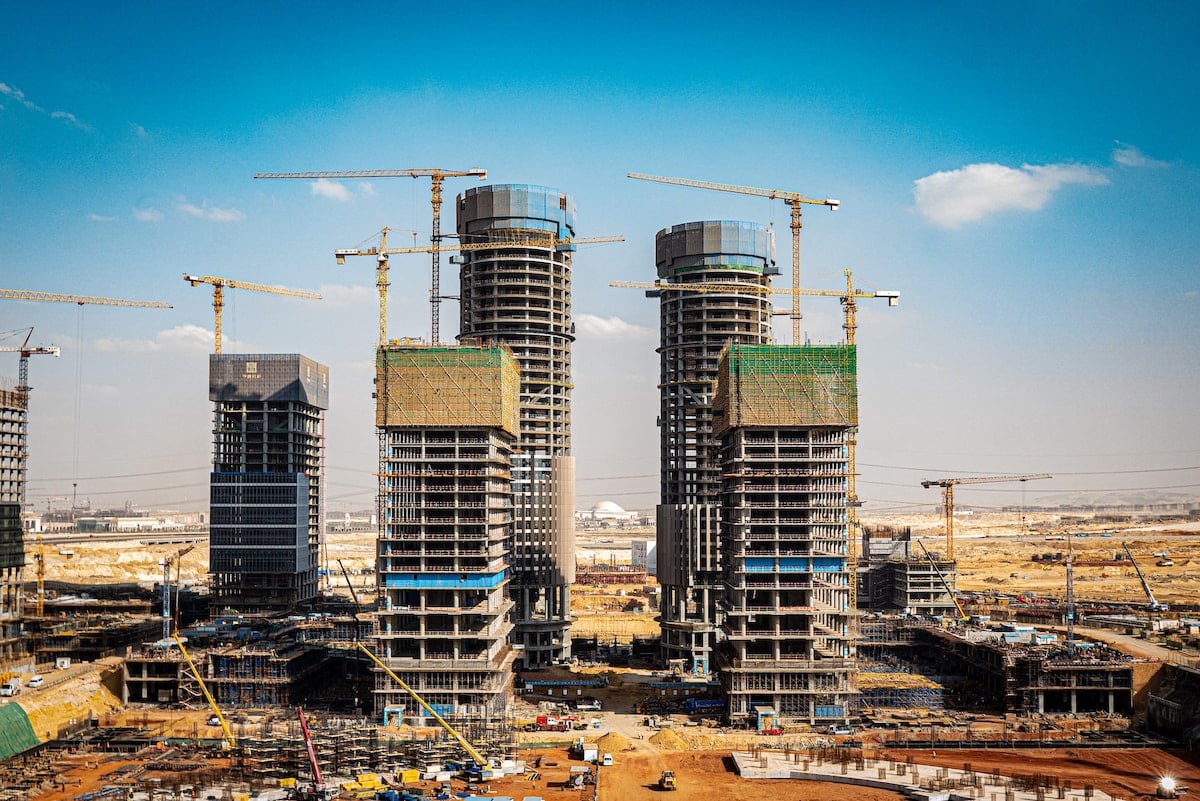Table of Contents
Managing all the moving parts in the commercial real estate process isn’t a simple task, and it’s made even harder when information is fragmented across systems. Development teams that utilize technology are far ahead of their competitors, but that doesn’t make it a golden ticket.
Real estate developers need to know how to use the data they have to make good decisions. At the same time, they need to find other ways to streamline their operations and target their niche.
How to Make Better Commercial Real Estate Project Decisions
If you want to make better commercial real estate project decisions, you’ll need technology, a great team, and market knowledge. Adaptability will also benefit you in high-pressure markets.
1. Use Specialist Commercial Real Estate Software
Real estate development teams should absolutely take advantage of specialized software, as it helps manage your projects via a centralized dashboard. Commercial real estate development software, like Northspyre, is specifically designed to help teams achieve predictable outcomes.
Northspyre specifically utilizes automation and analytics to drive proactive and data-driven decision-making at every stage of a project’s lifestyle. With software, you won’t have to wonder if you’re doing the right thing, as you’ll have more than enough info to make a decision.
2. Create Detailed Financial Projections
There’s no denying that real estate project development is a great way to make money, but you shouldn’t let it go to your head. You’re dealing with multi-million dollar projects here. If one of them fails or you didn’t make enough of a profit, you could set yourself back for a long while.
However, if you create a detailed 5-year financial projection, you’ll instantly know how much you should or shouldn’t spend to get your expected rate of return (usually 15%). Any new project should allow the business to exceed or match those targets without stretching the budget.
3. Work From a Standardized Project Checklist
All businesses should work towards standardizing their processes. Not only does this give you more confidence when it’s time to make decisions, but it also ensures you won’t forget anything. Checklists, for example, can simplify everything from the home-buying process to development.
The real estate development process, coupled with project management, can make things overly complex, so you’ll need to make checklists that vary based on asset/deal type, location, and other variables. As the project evolves, you can refer to your checklist and stay on track.
4. Really Get to Know Your Market Niche
While software and tech are the best ways to remove the guesswork from decision-making, there’s still the human element to account for. For example, remote work completely shook up the commercial real estate market, which is something that’s hard to predict with data alone.
If a development team specializing in massive office skyscrapers wants to survive, they have to adapt to what their niche wants. This includes speaking to their demographic and partnering with other types of builders. By keeping your finger on the pulse, you can make better decisions.
5. Have a Plan That Includes Gradual Growth
Every business wants to expand and scale, but growth presents a few challenges. For one, more of your profits are allocated towards staff, as you can’t run a business without them. For another, you have to learn to manage a large team and multiple suppliers at the same time.
If you don’t have a business plan that outlines how and when you’ll expand, you won’t have a quality team that can accurately make project decisions. To get around this, break down the sales forecast into one-year timeframes. Keep tracking it and expand when the time is right.
Image Source: Unsplash


